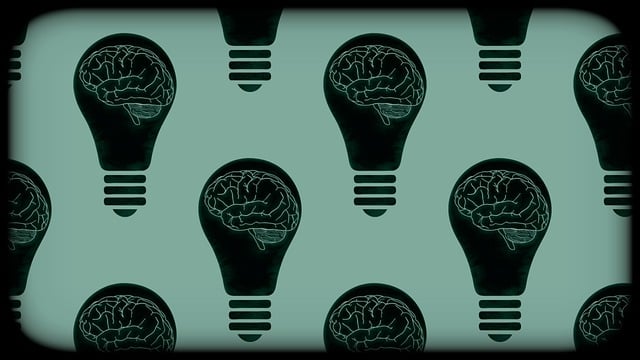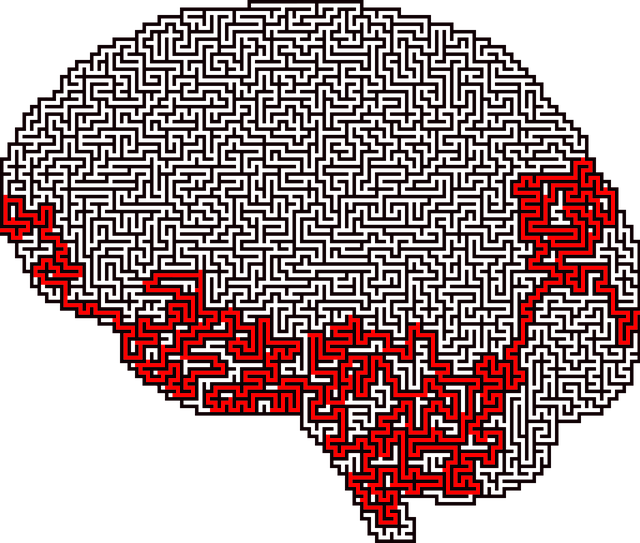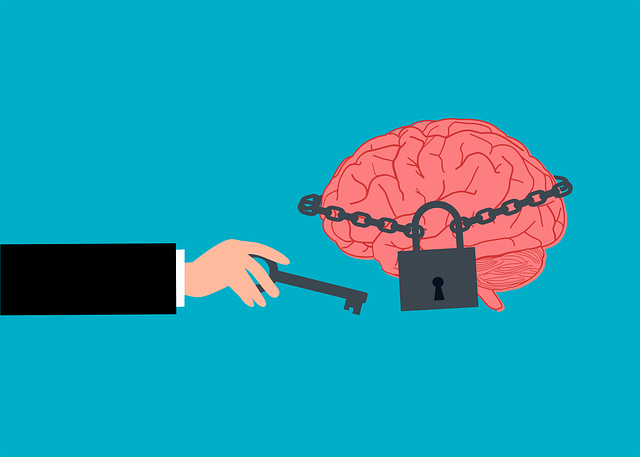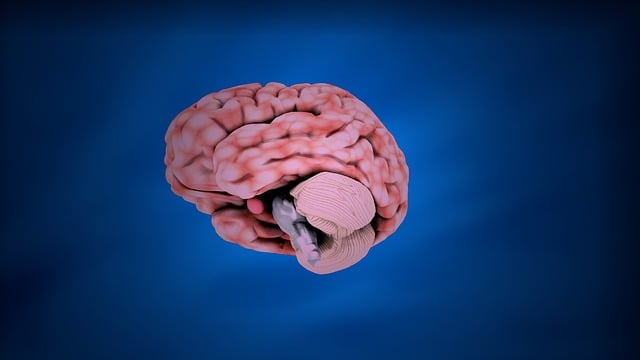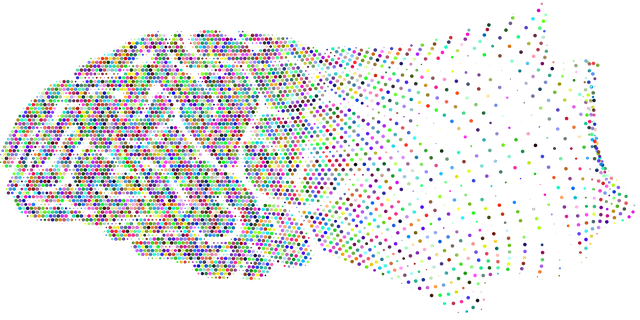Mindfulness meditation is an effective therapy for Aurora Dissociative Disorder (ADD), teaching individuals to be present and non-judgmentally aware of their thoughts and sensations. By creating a dedicated, distraction-free space, setting consistent practice times, and using various techniques like guided meditations, individuals can improve emotional well-being and manage symptoms. Tailored mindfulness exercises have proven successful in crisis interventions for ADD, and community programs promoting these practices can enhance mental health and resilience.
Discover the transformative power of mindfulness meditation, a game-changing practice for Aurora Dissociative Disorder (ADD) therapy. This article guides you through the essentials, from understanding the benefits for ADD management to setting up a successful home practice. Learn practical tips and explore various techniques to enhance your meditation journey. Uncover how mindfulness can help reduce symptoms, improve focus, and foster a deeper sense of calm. Embrace these practices to navigate and overcome the challenges of ADD effectively.
- Understanding Mindfulness Meditation for Aurora Dissociative Disorder Therapy
- Setting Up Your Meditation Practice: Tips and Tools for Success
- Techniques and Exercises to Enhance Mindfulness Meditation
Understanding Mindfulness Meditation for Aurora Dissociative Disorder Therapy

Mindfulness meditation is a powerful tool that can significantly aid individuals diagnosed with Aurora Dissociative Disorder (ADD). ADD is characterized by episodes of dissociation, where individuals may feel detached from themselves or their surroundings, leading to disruptions in daily life. By practicing mindfulness, those managing ADD can learn to stay present and grounded, reducing the intensity and frequency of dissociative episodes.
This form of meditation focuses on non-judgmental awareness of the present moment, fostering a deeper connection between the mind and body. For ADD therapy, it involves observing thoughts and sensations without attachment, allowing individuals to develop a more conscious approach to managing stress. Healthcare providers trained in cultural competency can guide patients through mindfulness exercises tailored to their unique experiences, enhancing empathy building strategies and overall well-being.
Setting Up Your Meditation Practice: Tips and Tools for Success

Starting a mindfulness meditation practice can be transformative for anyone, but it’s especially beneficial for those navigating conditions like Aurora Dissociative Disorder Therapy (DDT). To set up a successful routine, consider creating a dedicated space free from distractions. This could be a quiet corner of your home where you can sit comfortably with support, such as a cushion or chair, and perhaps use tools like scented candles or soft music to enhance relaxation. Establishing a consistent daily time for practice is key; morning sessions are often helpful in setting a calm tone for the day, while evening practices promote emotional well-being promotion techniques and mood management.
Remember, mindfulness is about being present in the moment, not achieving a certain level of serenity. Incorporate techniques that work best for you, like guided meditations accessible through apps or online resources, which can help with public awareness campaigns development in understanding this practice. Regularity is crucial; even short daily sessions can lead to significant improvements over time.
Techniques and Exercises to Enhance Mindfulness Meditation

Mindfulness meditation is a powerful tool for enhancing mental clarity and emotional well-being. Techniques such as mindful breathing, body scans, and guided visualizations can help individuals cultivate present-moment awareness. For instance, focusing on the sensation of breath entering and leaving the body calms the mind and anchors practitioners to the here and now. Body scans involve slowly directing attention to different parts of the body, helping to release tension and promote a sense of grounding.
Guided meditations led by experienced practitioners or through audio recordings can be particularly beneficial for beginners. These sessions often incorporate stories, imagery, and metaphors to engage the imagination, making the experience more accessible. For those dealing with conditions like Aurora Dissociative Disorder Therapy, mindfulness exercises tailored to address specific challenges can offer valuable crisis intervention guidance. By applying Mind Over Matter principles, individuals learn to redirect their focus and manage dissociative symptoms through heightened awareness and acceptance. Community Outreach Program Implementation initiatives that promote such practices can significantly contribute to fostering resilience and enhancing overall mental health within diverse populations.
Mindfulness meditation, as a complementary practice for Aurora Dissociative Disorder Therapy, offers a powerful tool for individuals seeking to cultivate present-moment awareness and enhance their overall well-being. By understanding the core principles, setting up a supportive practice environment, and employing various techniques, those affected by this disorder can navigate their symptoms more effectively. Through regular meditation, individuals can develop greater self-awareness, emotional regulation, and a deeper sense of calm, all of which contribute to a more fulfilling life. Remember that consistency is key; even brief daily practices can make a significant difference in managing dissociative symptoms.






